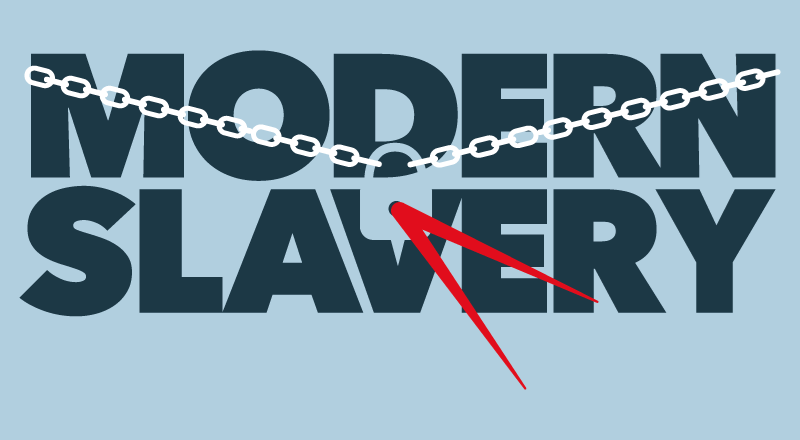The race is on among EU countries to host the region’s brand-new Anti-money Laundering Authority (AMLA), with the Netherlands angling to headquarter the watchdog in The Hague, according to Dutch broadcaster Omroep West. Other member states expected to throw their hats in the ring include Germany, France, Austria and Italy.
First proposed among a package of anti-money laundering (AML) reforms in July 2021, AMLA is scheduled to launch next year and build up to full operational strength by 2026. Its primary role will be to drive the EU’s AML and countering the financing of terrorism (CFT) agenda – taking over relevant supervisory duties from the European Banking Authority (EBA), while flexing a range of other, more comprehensive and detailed oversight powers.
As set out by the European Commission, AMLA’s objectives are to:
- enhance AML-CFT supervision;
- directly supervise certain persons with high levels of risk exposure;
- oversee the activities of national and regional financial regulators;
- help financial intelligence units (FIUs) boost their analytical capacity around illicit activities;
- make financial intelligence a key information source for law enforcement agencies;
- coordinate peer reviews of supervisory standards and practices; and
- facilitate joint analyses among FIUs and other competent authorities of cross-border financial crime.
In the time since AMLA was proposed, the Russian invasion of Ukraine has thrown the spectre of money laundering into sharp relief, with attention fixed as never before on how illicit proceeds are gathered and used – and who uses them. So, does that make AMLA a timely initiative or, given what we now know about the prevalence of money laundering, rather late in the day?
Under scrutiny
“We welcome the introduction of AMLA to provide consistency of supervision,” says Angela Foyle, Chair of the Anti-money Laundering Working Group at region-wide professional body Accountancy Europe.
As part of objective six – coordinating peer reviews of supervisory standards and practices – AMLA will regularly update EU authorities with guidance on how to address so-called ‘Designated Non-Financial Businesses and Professions’ (DNFBPs): an umbrella term for firms and sectors that are within the AML-regulated sector, but are not financial businesses. As the term covers accountants, Foyle notes: “It is clear that our profession will come under AMLA’s scrutiny in some way, although possibly not at first. Our comment on that would be to highlight how important it will be for AMLA to have staff who are sufficiently versed in the types of business that accountants do, the ways in which they work and the risks they face.”
In Foyle’s view, that will help the watchdog to be more effective. “In both official discussions and legislation,” she says. “There can be a tendency to treat accountants – or indeed any collection of DNFBPs – as modified banks, when in fact what we’re doing is significantly different. So, embedding that understanding into its official guidance and the standards it sets for supervision will be key to AMLA’s success – particularly with regards to how it decides to oversee our industry.”
Accountancy Europe has already signalled its willingness to take part in any future AMLA discussions or consultations on that subject.
Cohesive system
On the crucial point of whether AMLA will tangibly help to curtail money laundering across the EU, Foyle points out: “There are many pillars to mitigation. One is effective supervision. Another is effective criminal enforcement, prosecution and confiscation. A wrongdoer may be denied the services of a regulated accountant or chartered accountant, but if the penalty goes no further than that and the individual could simply find someone within their organisation to do the books, the situation hasn’t really changed – to the cost of any deterrent effect.”
A third pillar is effective collaboration. “Money laundering rarely stops at borders,” Foyle says. “So, strong coordination between regulators, law enforcement agencies and other stakeholders is essential.”
In that context, she notes, public-private partnerships can be a real force for good. Joint-working schemes between businesses and authorities have the capacity to compile data on suspicious transactions and use it not merely to report the details to enforcement teams, but to analyse it and identify trends, persons and activities of concern.
“AMLA will, no doubt, connect to each of those pillars in some fashion,” Foyle says. “But it has to be part of a cohesive system.”
A further, vital aspect of effective mitigation, Foyle says, would be to ensure that authorities have a clear strategy for supervising the perimeters. In her view, the effectiveness of the system is reduced if banks, lawyers, estate agents or accountants are regulated, but similar services could be carried out by people who are outside the regulatory boundaries. “One suggestion which has been put forward,” she explains, “is for authorities to focus on the characteristics of activities that may facilitate money laundering and regulate the activity, regardless of provider. So, don’t look at it as a provider-based, but a service-based challenge.”
Risk flags
So, how will AMLA benefit accountants? “That depends on how the profession will fall under its regime, which all ties back into the guidance programme that AMLA will provide, relevant to DNFBPs,” Foyle says.
She notes: “If AMLA brings in specific, coherent guidance across the piece, then it will be easier for everyone to understand their obligations. Would one-man-band accountants or high-street firms necessarily see a difference? Possibly not. But if you’re in a multinational accounting network, almost certainly – it will be important to ensure that any new, common procedures are implemented in every part of the organisation.”
Turning to what she would like to see from AMLA, Foyle says that it would be helpful for the watchdog to champion a primarily risk-based approach to gathering data on businesses of concern, rather than a checklist-style one. “We will always need paper trails,” she says. “But amid the compliance-based process of obtaining the correct documents to properly identify a business, it’s important to take a step back and ask searching questions, too.”
For example, she adds: “Does this information make sense? Is the business what it purports to be? How does it make its money? Are any risk flags emerging from those questions? And do you believe that the information you’ve gathered enables you to take a view on whether you can mitigate and manage those risks?”
Recent articles
Company reform and economic crime
The Economic Crime Act 2022 became law in March and part two of the bill is incoming. From risks to required changes, we explore key considerations for accountants on the issue.




